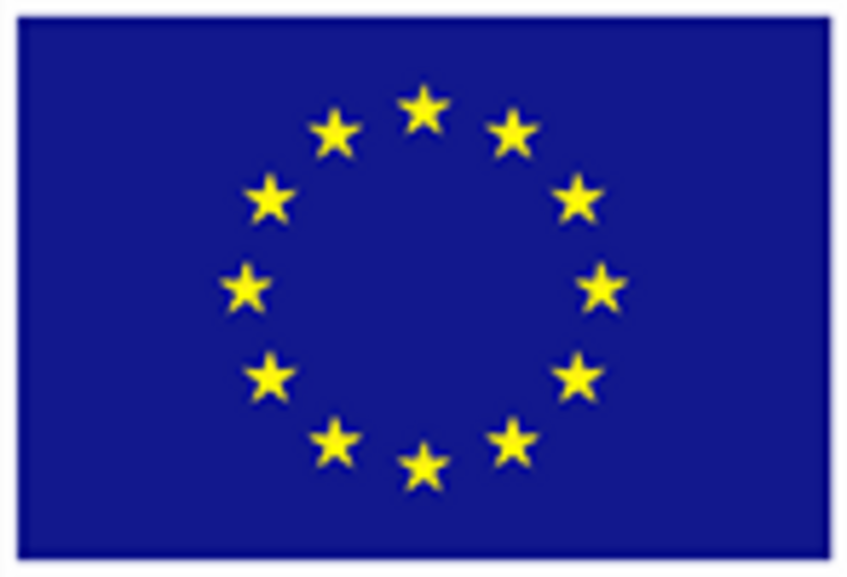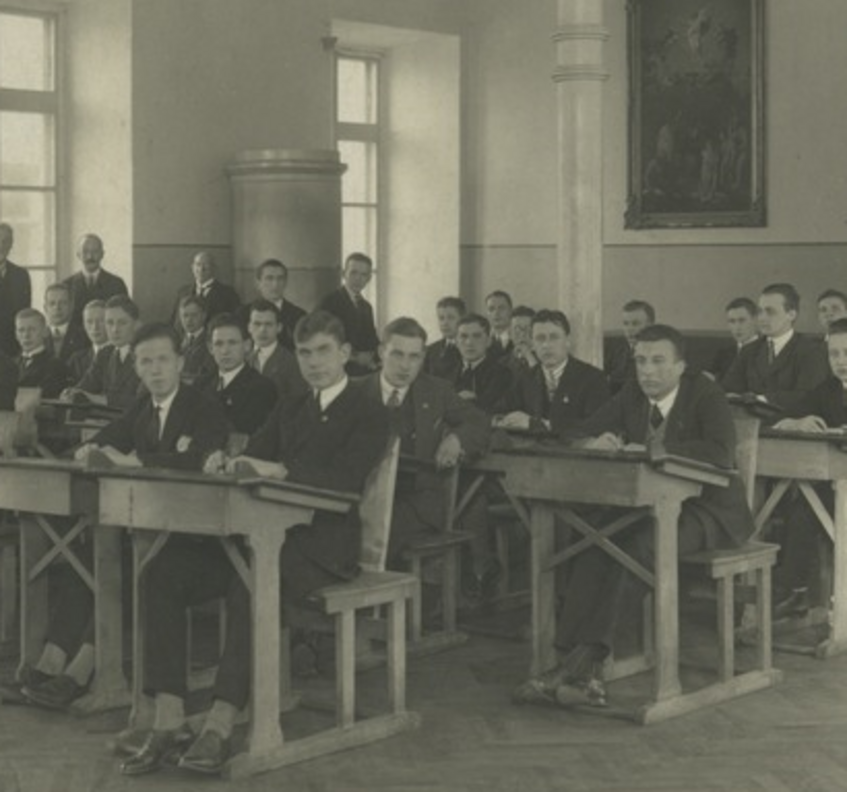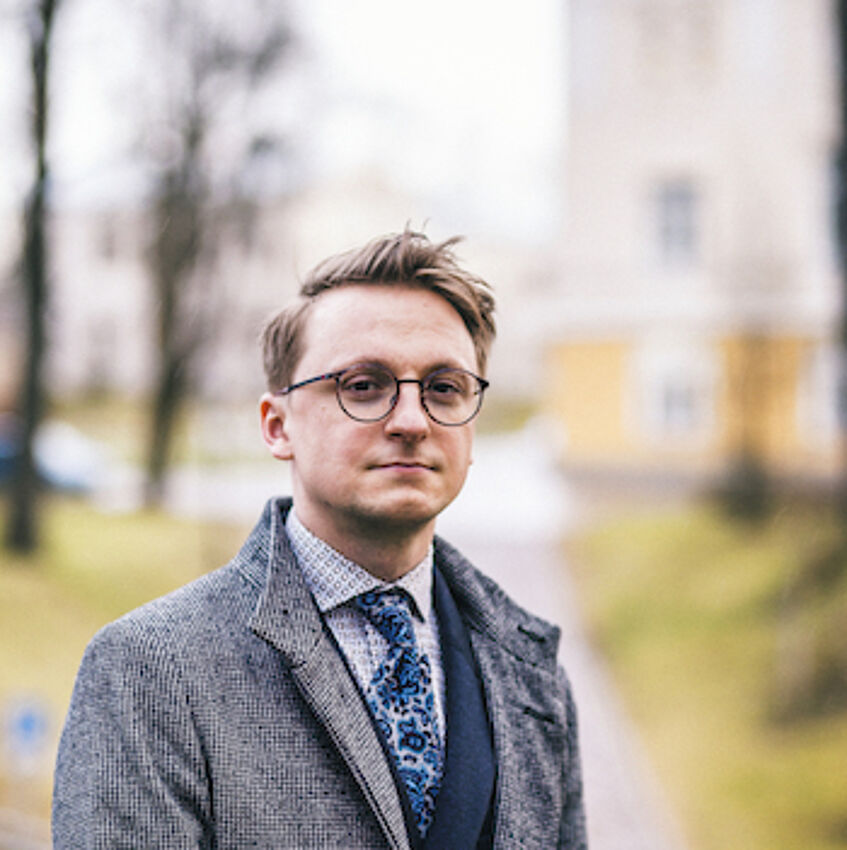WP 5: The translation of non-territorial autonomy ideas to the liberal political setting of the Baltic States, 1918–1940
Picture: A class at the German Domschule in Tallinn in 1927. Tallinna Toomkool. Klassiruum, AM _ 8400 F 11401, Eesti Ajaloomuuseum, www.muis.ee/museaalview/2551519
This sub-project concentrates on the liberal interpretation of non-territorial autonomy and the adaptations of the model in the newly independent Baltic States in the interwar period. In 1919, Latvia introduced educational autonomy for its minorities. A year later, Lithuania passed a non-territorial autonomy law for Jews based on the traditional, but de-confessionalised, Jewish councils. Finally, the cultural autonomy law implemented in Estonia in 1925 was interwar Europe’s most minority-friendly legislation. The aim of this sub-project is to analyse how minority and majority political actors in the Baltic States developed their non-territorial autonomy models, how familiar they were with Austro-Marxist concepts and how they were involved in transnational discussions on minority issues.
Timo Aava
Timo Aava studied history at the University of Tartu (Estonia) and obtained Master’s degree in 2015. Additional studies in Berlin, Kiel and London. Mainly interested in history of political thought with a focus on the end of 19th century and first half of 20th century, Estonia, marxism, and nationalism. Working on the sub-project on Baltic States and will write a PhD thesis on the adoption of the idea of non-territorial autonomy in Baltic States and Estonia more specifically.


This project has received funding from the European Union’s Horizon 2020 Research and Innovation Programme under Grant Agreement no 758015


